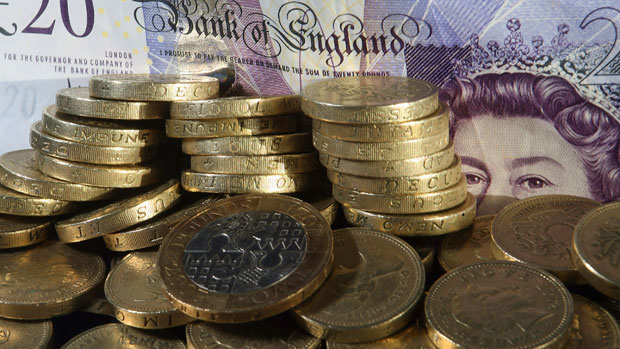New Isas: what are they and how do they work?
Isas have now been replaced by Nisas, meaning new rules for the tax-free savings accounts

A free daily email with the biggest news stories of the day – and the best features from TheWeek.com
You are now subscribed
Your newsletter sign-up was successful
New rules governing tax-free savings came into effect yesterday, as Nisas – or New Isas – replaced Isas. The change is good news for savers, who will now be able to protect a larger portion of their portfolio from tax.
But the changes go further than a change in the allowances: the New Isas also allow more flexibility in the range of tax-free investments you can make. Here's our guide to the new rules, and how you can you make the most of them?
How do Nisas differ from Isas?
The Week
Escape your echo chamber. Get the facts behind the news, plus analysis from multiple perspectives.

Sign up for The Week's Free Newsletters
From our morning news briefing to a weekly Good News Newsletter, get the best of The Week delivered directly to your inbox.
From our morning news briefing to a weekly Good News Newsletter, get the best of The Week delivered directly to your inbox.
As their name suggests, Nisas are a new incarnation of the Isa, or Individual Savings Account. The main difference is a significant rise in the tax-free savings allowance: the maximum amount you can pay in each year will rise from £11,880 to £15,000.
Within that limit, savers will be free to put as much money as they like into stocks and shares or cash deposits, and to switch between the two.
So Nisas are more flexible…
Yes. Isas only allowed savers to transfer cash into stocks and shares, but the new accounts allow transfers in either direction."Until now you might build up large amounts of money in a stocks-and-shares Isa, but you couldn't switch it into cash and enjoy the tax benefits of a cash Isa," financial adviser Helen Howcroft told The Times. "Now you will have the scope to switch from equities to cash and back as often as you like."
A free daily email with the biggest news stories of the day – and the best features from TheWeek.com
How profitable could a Nisa be?
Nicole Blackmore, from the Daily Telegraph, estimates that the scheme could allow savers to build a nest egg of £1m within 25 years. "If you invest the maximum amount every year and your investments grow at a relatively modest 5 per cent annually, you will have £1m in 25 years' time," she says.
The short-term rewards are equally appealing, says Sophie Christie, also of the Telegraph. "Putting £5,940 into Tesco's one-year fixed-rate Isa (paying 1.65 per cent) would earn interest of £98," she says. "Putting £15,000 into the same account would produce interest of £247."
Are there any catches?
Most commentators have welcomed Nisas, The Guardian says, because they simplify the rules and makes the accounts much more generous, but the Telegraph suggests to day that banks have cut interest rates in preparation for the increased allowances. "The average rate on cash Isas was cut from 2.07 per cent in March to 1.84 per cent by May," the paper suggests. "The deduction will reduce savers' annual incomes by millions of pounds." Over that period the Bank of England base rate has not changed, and its Governor, Mark Carney, has suggested that rates are likely to rise earlier than had previously been expected.
Other critics have suggested that the raised tax-free threshold amounts to a perk for the rich. "With average earnings standing at just £26,500 per annum, I would question the number of savers who can afford to save £15,000 per tax year," said Jafar Hassan at uSwitch.com. Nick Pearce at the Institute for Public Policy Research notes that even if someone was able to save 20 per cent of their net income, they would need be earning around £125,000 to make the most of the new £15,000 a year limit.